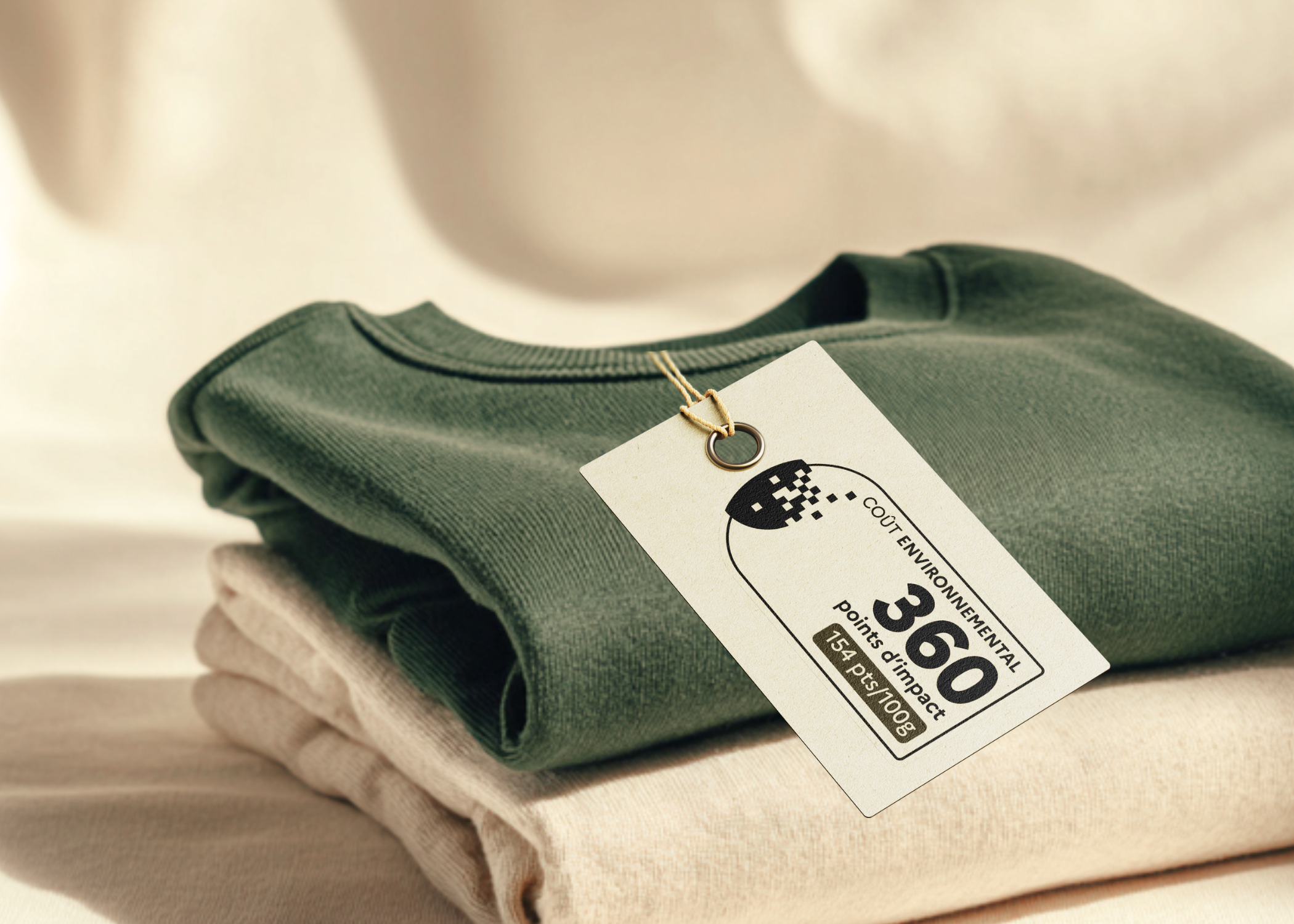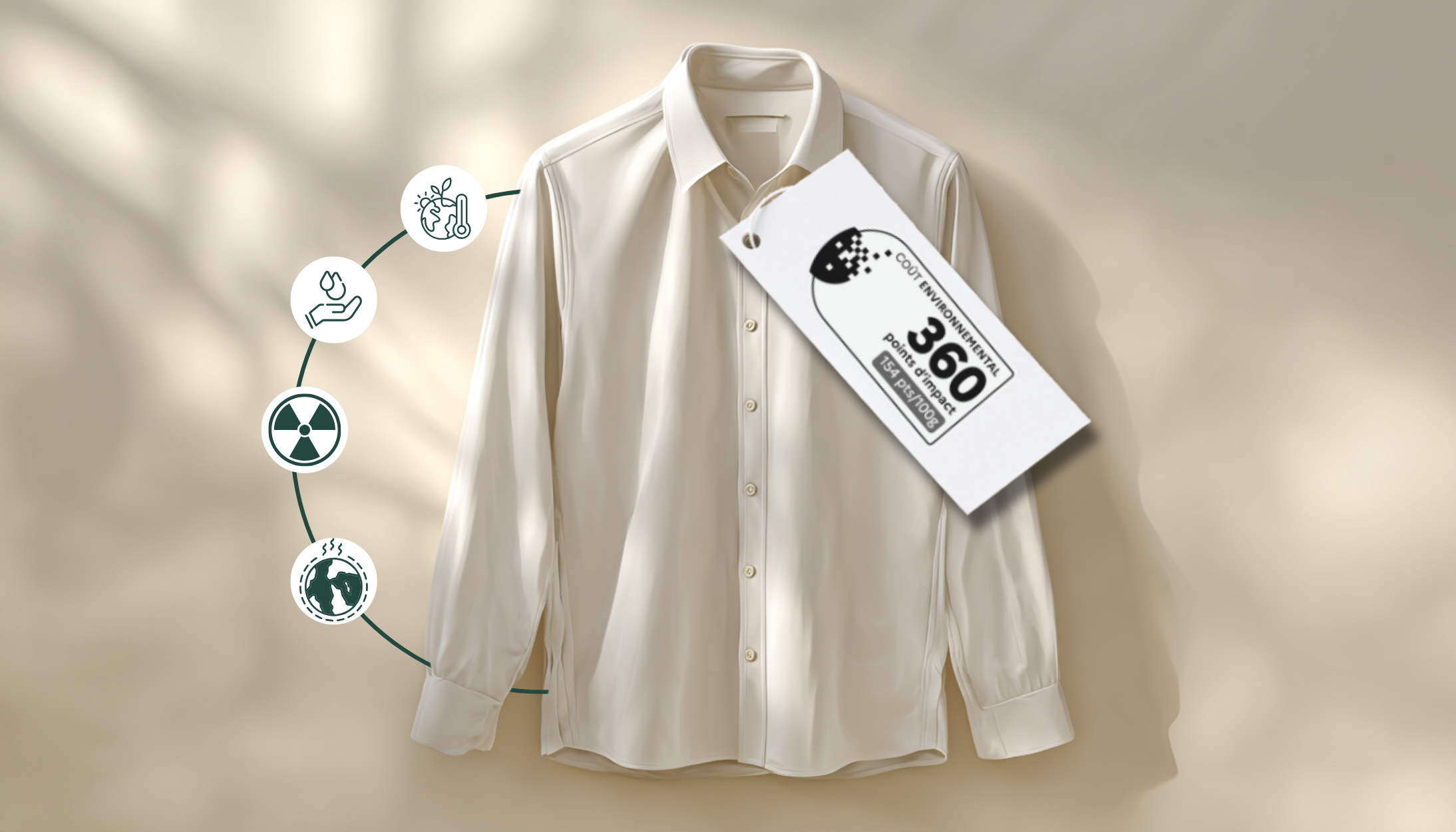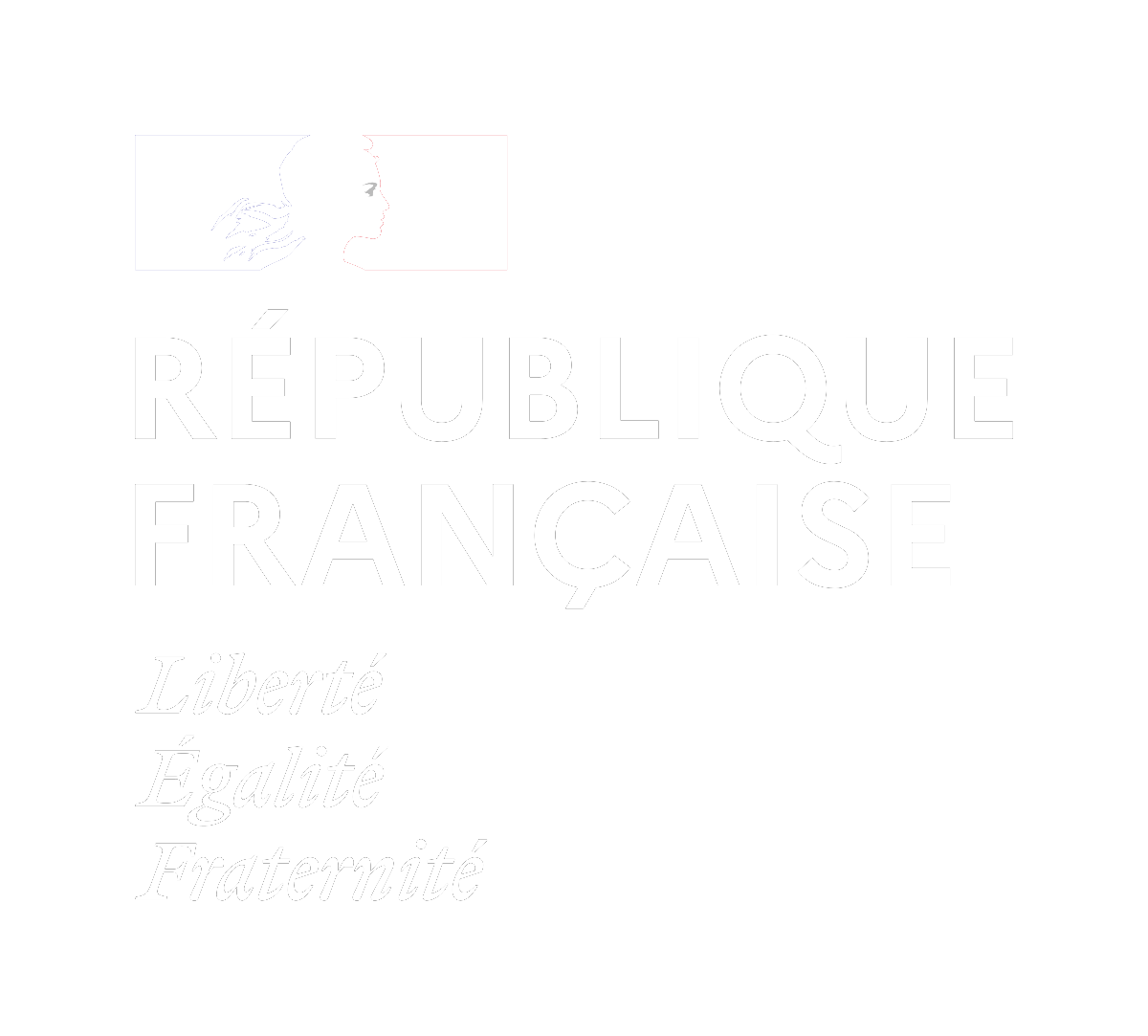Digital Product Passport: Opportunities and Challenges for Fashion

On November 27, 2024, the Talent Garden Calabiana in Milan hosted our second Italian event dedicated to the Digital Product Passport (DPP), a key topic in the realm of sustainability and traceability within the fashion industry.
The event brought together experts from leading companies to share their experiences and insights on the Digital Product Passport:
- Deloitte: Giovanni Faccioli, Senior Partner
- Prada Group: Mario Didonato, Group Digital Director
- Rossignol: Katia Turchi, Apparel Product Developer & Sustainability Coordinator
- Aura Blockchain Consortium: Davide Di Stefano, Strategy & Operations Manager
- Beste: Duccio Brachi, Communication & Marketing Manager
The event was moderated by Emanuele Genovese, Country Manager Italy at Fairly Made®.
Bridging Innovation and Regulation
Emanuele Genovese opened the discussion by highlighting the importance of the ESPR (Ecodesign for Sustainable Products Regulation), which, starting in 2027, will require companies to implement the DPP to enhance transparency and circularity. Despite the regulatory complexities, he emphasized how sustainability and competitiveness can go hand in hand.
Insights from Leading Brands
Rossignol: Innovating with Traceability and Transparency
Katia Turchi outlined Rossignol’s journey toward more sustainable fashion. Since launching its Respect program in 2020, the brand aims to cut its CO₂ emissions by 30% by 2030. Through its collaboration with Fairly Made®, the company has nearly tripled the traceability of its supply chain for the Fall/Winter 2025 collection, gaining greater control over suppliers and enabling strategic interventions.
Turchi also highlighted how Fairly Made® provided significant support in overcoming supply chain traceability challenges. This collaboration empowered Rossignol with better decision-making capabilities and the means to optimize processes and impacts throughout its supply chain.
Additionally, the brand introduced a global QR code project, including Italy, offering digital labels in four languages (English, Spanish, Italian, and French) to ensure clear and transparent communication worldwide.
Aura Blockchain Consortium: Technology as a Trust Enabler
Davide Di Stefano showcased the role of Aura Blockchain in the DPP context. With 50 million products already tracked, Aura ensures transparency across the entire value chain while creating unique digital identities for each product.
"The DPP is a key to co-creating the future of luxury," said Di Stefano, emphasizing the importance of interoperability as a driver of cohesion through technology. The benefits are manifold:
- Enhanced assurance of product origin
- Creation of unique digital identities for each product, enabling full traceability as a single source of truth
- Data persistence, with access available to brands, consumers, and auditors
Aura acts as an orchestrator to accelerate DPP adoption, integrating with all value chain stakeholders. Its ultimate goal is to develop digital experiences that go beyond regulatory requirements, focusing on durability, transparency, and collaboration.
Prada Group: A More Conscious Luxury
Mario Didonato, Group Digital Director, detailed Prada's pioneering approach to sustainability, which began well before regulatory mandates. For Prada, the DPP is not merely a regulatory obligation but a natural evolution of modern luxury.
Didonato identified two key drivers in understanding the consumer:
- Emerging needs and values: Consumers, especially younger generations, are increasingly informed and focused on sustainability and quality. This demands a shift from transactional luxury to a more experiential and conscious approach.
- Personalized experiences: The focus lies on creating experiences that communicate the intrinsic values of products, integrating elements like the DPP to deliver uniqueness and personalization in line with contemporary luxury expectations.
One tangible example is Prada’s work with Aura on Eternal Gold, the group’s first high jewelry collection, combining 100% traceability with innovative design and certified lab-grown diamonds.
Deloitte: From Pilots to Industrial Revolution
Giovanni Faccioli, Senior Partner, outlined the challenges facing the sector. While many brands are running pilot projects, Faccioli stressed the need for cultural and procedural changes to implement the DPP on a large scale.
The DPP introduces two major challenges:
- Transformation processes: The complexity lies more in organization than technology. Implementing the DPP requires significant restructuring of business processes, from upstream (supplier mapping, data management) to downstream (customer engagement). Many companies still operate in silos, with separate systems and a lack of integrated platforms to manage data.
- Ownership definition: Deloitte emphasized the importance of CEO-level commitment to oversee such a cross-functional project. A company leader with a global vision must build a multidisciplinary team and assign responsibilities to process owners for effective implementation.
Additionally, the DPP represents a significant business opportunity, turning a complex regulation into a competitive advantage. The tool helps brands communicate their values to customers, enhance transparency, foster loyalty, and rethink product design and materials to facilitate recycling and circularity.
Beste: The Italian Supply Chain as a Sustainability Model
Duccio Brachi shared how Beste’s structure provides a strategic advantage in tackling the challenges of the DPP. With a shared CRM across all entities, Beste centralizes production data and ensures complete transparency, from raw material selection to waste management.
However, challenges are most pronounced at both ends of the supply chain:
- Raw material origins: Beste has launched innovative projects like Itaco, which relocalizes cotton farming in Puglia and introduces on-site ginning solutions to further reduce production impact.
- End-of-life product management: Beste’s Beredo division collects and recycles customer waste, incorporating advanced solutions for material recovery and separation during the design phase.
As audits from brands increase, Beste emphasized the importance of partnering with entities that ensure data immutability and full compliance. Regulatory conformity remains a critical challenge, particularly for smaller suppliers who struggle to produce adequate documentation or bear the costs of required solutions.
To meet DPP requirements, Beste focuses on collaboration: cost-sharing, strategic partnerships, and joint solution development are key to turning challenges into opportunities and guiding the textile industry toward greater transparency and sustainability.
Interoperability: The Key Takeaway
The event conveyed a common message: the success of the DPP relies on synergy between technology, transparency, and strategic vision. Thanks to solutions like Fairly Made® and the collaboration of all stakeholders, the fashion industry can transform regulatory challenges into opportunities for a more sustainable future.







.png)












.png)

.svg)